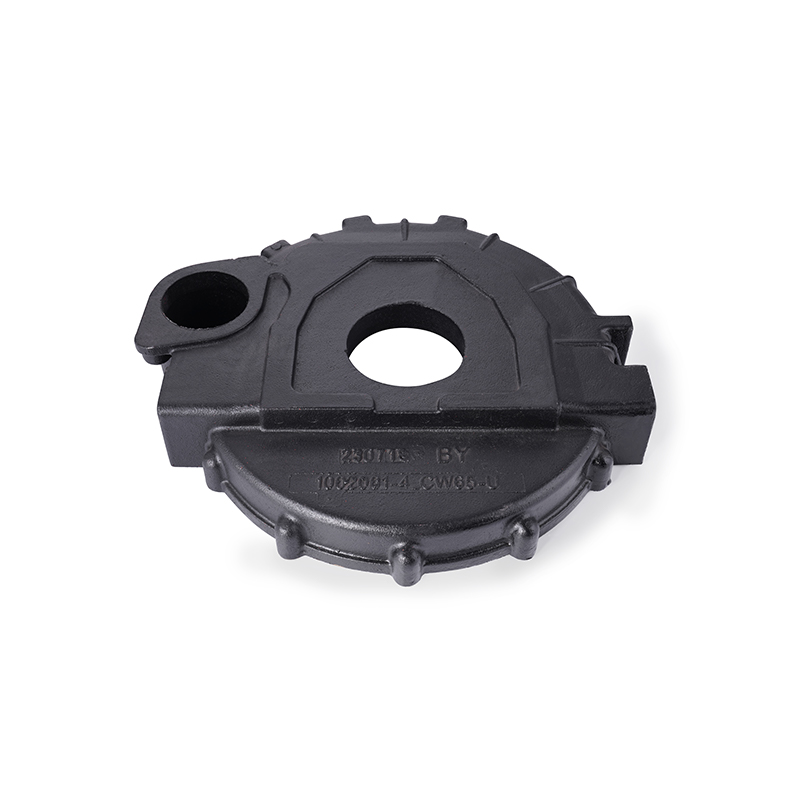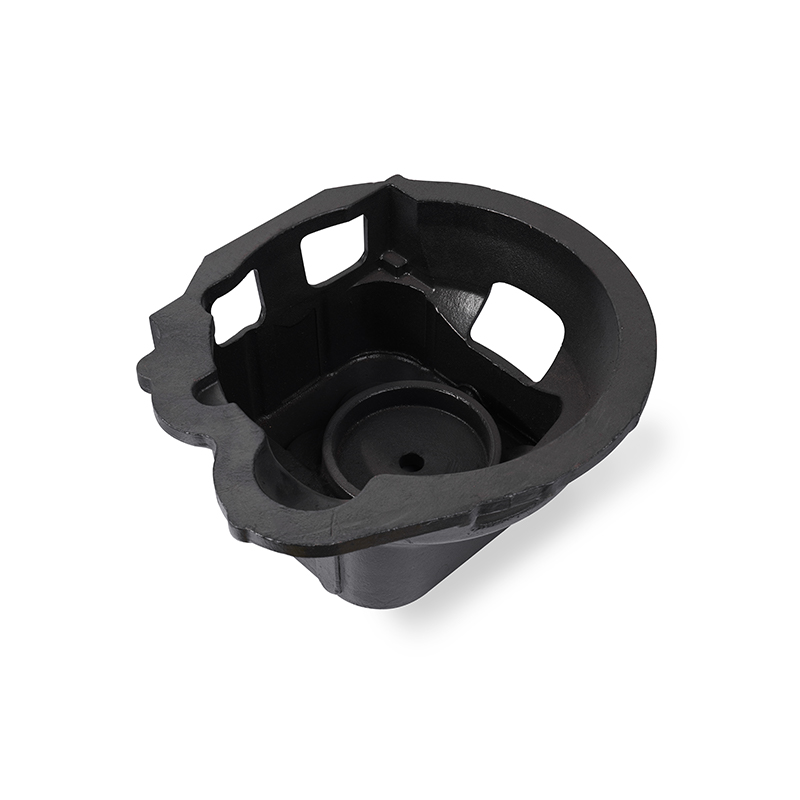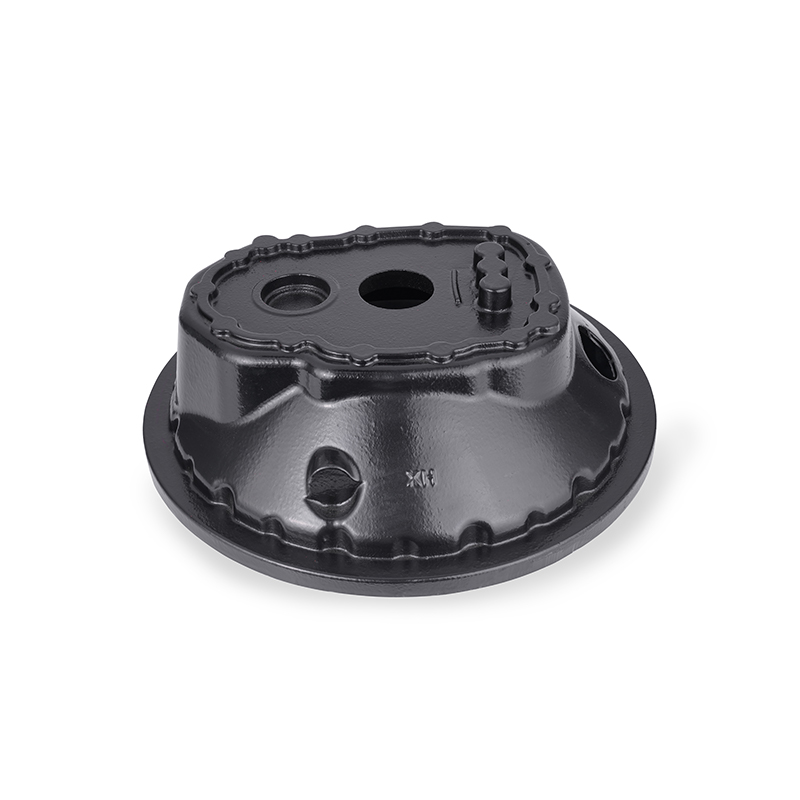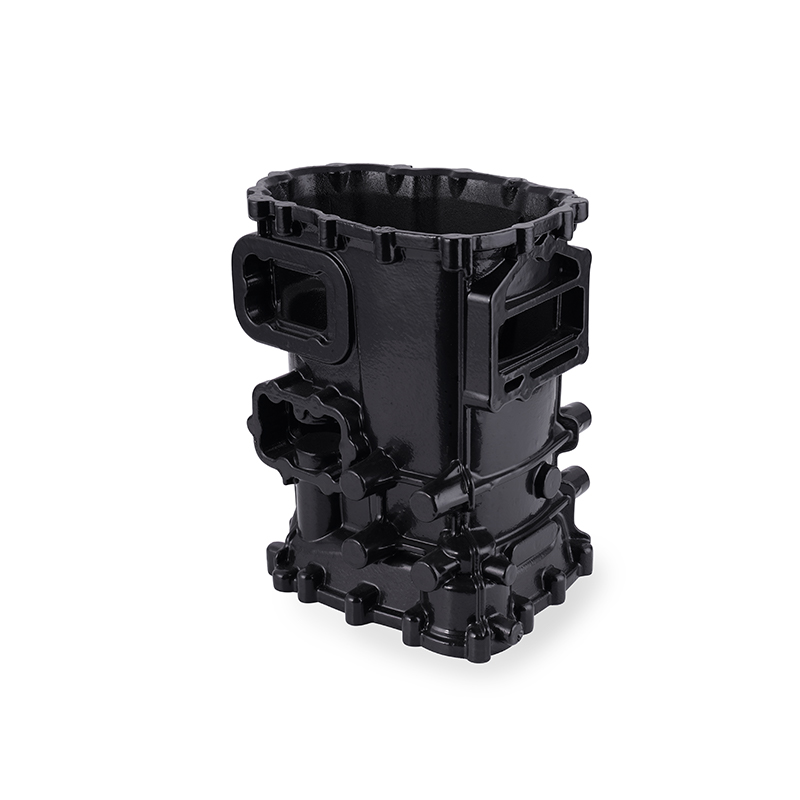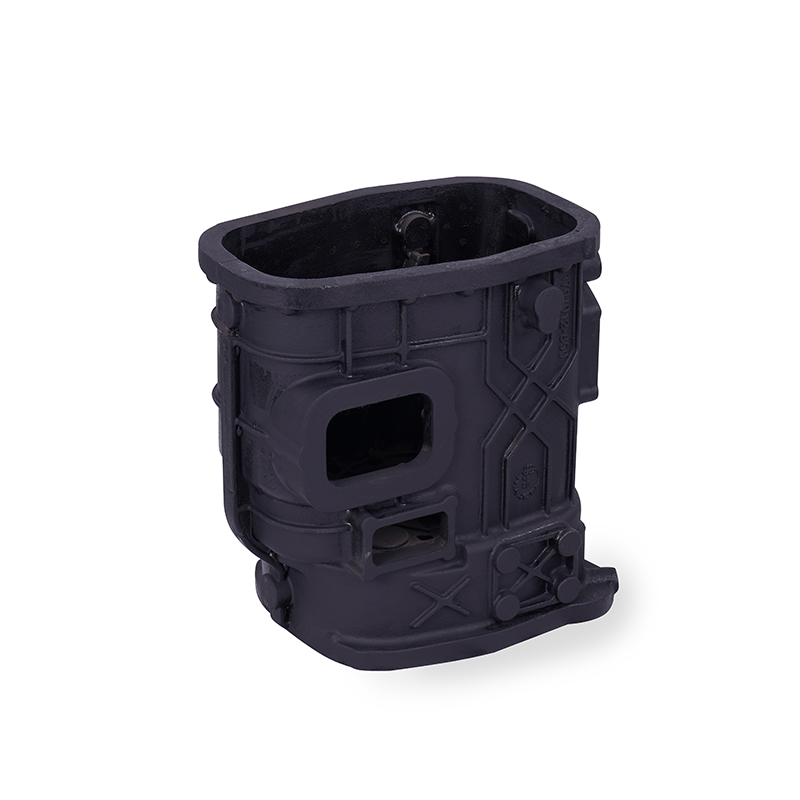In the world of automotive manufacturing, the role of materials such as cast iron cannot be overstated. Cast iron is widely used in the production of automotive equipment for its strength, durability, and versatility. The automotive industry relies heavily on cast iron parts due to their ability to withstand high temperatures, heavy loads, and constant wear and tear. Ningbo Jiubao Transmission Machinery Co., Ltd., a leading manufacturer in the automotive casting industry, specializes in producing high-quality Automotive Equipment Cast Iron Casting and Automotive Spare Casting Parts. With over 10,000 tons of gray and ductile iron produced annually, our company is at the forefront of supplying essential automotive components.
At Ningbo Jiubao, we produce a wide range of cast iron products, including engine blocks, brake rotors, suspension parts, and other essential automotive components. These parts require specific material properties to ensure that they function efficiently and reliably in vehicles. Cast iron, particularly gray cast iron and ductile cast iron, is chosen for these components because of its strength, wear resistance, and excellent ability to handle high-stress environments.
The casting process used in automotive manufacturing involves pouring molten iron into molds that form the final component shape. These molds are made to very precise specifications to ensure that the resulting castings meet the demanding performance requirements of automotive systems. The advantage of cast iron is that it is a cost-effective material for mass production, and the casting process itself allows for the creation of complex geometries with high precision.
At Ningbo Jiubao, we leverage our advanced manufacturing capabilities to produce high-quality cast iron products for a variety of automotive applications. Our state-of-the-art digital machining center, which includes CNC machines from renowned brands like Makino and Doosan, enables us to achieve the high precision required in automotive parts.
The Different Types of Cast Iron Used in Automotive Equipment
Cast iron is not a single material but a group of alloys with varying properties depending on their chemical composition and the way they are processed. The most commonly used types of cast iron in automotive equipment are gray cast iron, ductile cast iron, and white cast iron. Each of these alloys offers specific advantages that make them suitable for particular automotive applications.
1. Gray Cast Iron
Gray cast iron is the most common type of cast iron used in automotive manufacturing, particularly for Automotive Equipment Cast Iron Casting. It is made by adding graphite flakes to the iron, which gives it its characteristic gray color. The structure of gray cast iron makes it ideal for parts that require both high strength and good vibration damping, such as engine blocks and brake rotors.
At Ningbo Jiubao, gray cast iron is one of the primary materials we use for Automotive Spare Casting Parts. We produce engine blocks, brake rotors, and other critical components in large volumes. Gray cast iron is favored because of its ability to absorb vibrations, which is particularly beneficial for reducing noise in automotive engines and braking systems. The material’s excellent castability allows us to produce complex, high-precision parts efficiently, making it ideal for mass production.
2. Ductile Cast Iron
Ductile cast iron, also known as nodular cast iron, is another key material used in automotive equipment. It is made by adding small amounts of magnesium to gray cast iron, which changes the structure of the graphite to spherical nodules, enhancing the material’s strength and ductility. This gives ductile cast iron superior mechanical properties compared to gray cast iron, including better tensile strength, fatigue resistance, and impact resistance.
Ductile cast iron is particularly suitable for automotive components subjected to high stress and mechanical loads, such as suspension parts, crankshafts, and differential housings. Ningbo Jiubao specializes in producing high-performance Automotive Spare Casting Parts using ductile cast iron, ensuring that these critical parts can withstand the harsh conditions of modern vehicles. Our experience and technological capabilities allow us to produce these parts with the precision and durability required by the automotive industry.
3. White Cast Iron
White cast iron is known for its hardness and wear resistance. Unlike gray cast iron, it does not contain graphite flakes but instead has a hard, brittle structure that makes it less suitable for parts that require impact resistance or ductility. However, white cast iron is ideal for applications where wear resistance is a critical factor, such as in wear plates and hard-facing materials.
While not as commonly used in mass production as gray and ductile cast iron, Ningbo Jiubao uses white cast iron in specialized applications where parts must resist extreme wear and abrasion. Our testing and quality control systems ensure that even these highly specialized products meet the high standards expected by our customers.
Advantages and Challenges of Automotive Equipment Cast Iron Casting
1. Advantages of Automotive Cast Iron Casting
The primary advantages of using Automotive Equipment Cast Iron Casting are strength, durability, and cost-effectiveness. Cast iron is known for its ability to withstand high temperatures and heavy mechanical loads, making it the material of choice for components like engine blocks, brake rotors, and suspension parts. Here are some of the key benefits:
- Strength and Durability: Cast iron is one of the strongest materials available for automotive applications. Its ability to resist deformation under high stress makes it ideal for parts that will undergo significant mechanical loads and temperature fluctuations.
- Excellent Wear Resistance: Automotive parts such as brake rotors and engine components require materials that can withstand constant friction and wear. Cast iron provides excellent wear resistance, helping to maintain performance and extend the lifespan of these components.
- Cost-Effectiveness: Compared to other materials like aluminum or steel, cast iron is more cost-effective. The casting process allows for the production of high-volume parts at a relatively low cost, making it a viable option for mass production.
- Complex Geometries: Cast iron can be molded into intricate shapes, allowing manufacturers to produce parts with complex designs. This is especially beneficial for automotive parts that require specific geometries to fit within the vehicle assembly.
At Ningbo Jiubao, we ensure that every casting is of the highest quality, with precise dimensions and properties that meet customer specifications. With over 10,000 tons of cast iron products produced annually, our company is well-equipped to handle large-scale manufacturing and meet the growing demand for high-quality automotive parts.
2. Challenges of Automotive Cast Iron Casting
Despite its many advantages, there are challenges associated with Automotive Equipment Cast Iron Casting. These include:
- Brittleness: Cast iron is prone to brittleness, especially in forms like white cast iron. This can lead to cracking or failure under extreme impact or stress. To mitigate this, materials like ductile cast iron are used for applications requiring higher impact resistance.
- Casting Defects: As with any casting process, defects such as porosity, shrinkage, and misalignment can occur. At Ningbo Jiubao, we employ a rigorous quality control system to detect and eliminate defects, ensuring that all cast iron components meet the highest standards of quality.
- Weight: Cast iron is generally heavier than alternatives like aluminum. This can be a disadvantage in applications where reducing weight is important, such as in performance vehicles. However, the strength and durability of cast iron often outweigh its weight in critical automotive components.
At Ningbo Jiubao, we overcome these challenges through advanced casting techniques and a comprehensive quality assurance process. Our use of state-of-the-art equipment, including X-ray flaw detectors, coordinate measuring machines, and spectrometers, ensures that every casting is free of defects and meets the required specifications.



 русский
русский 日本語
日本語
